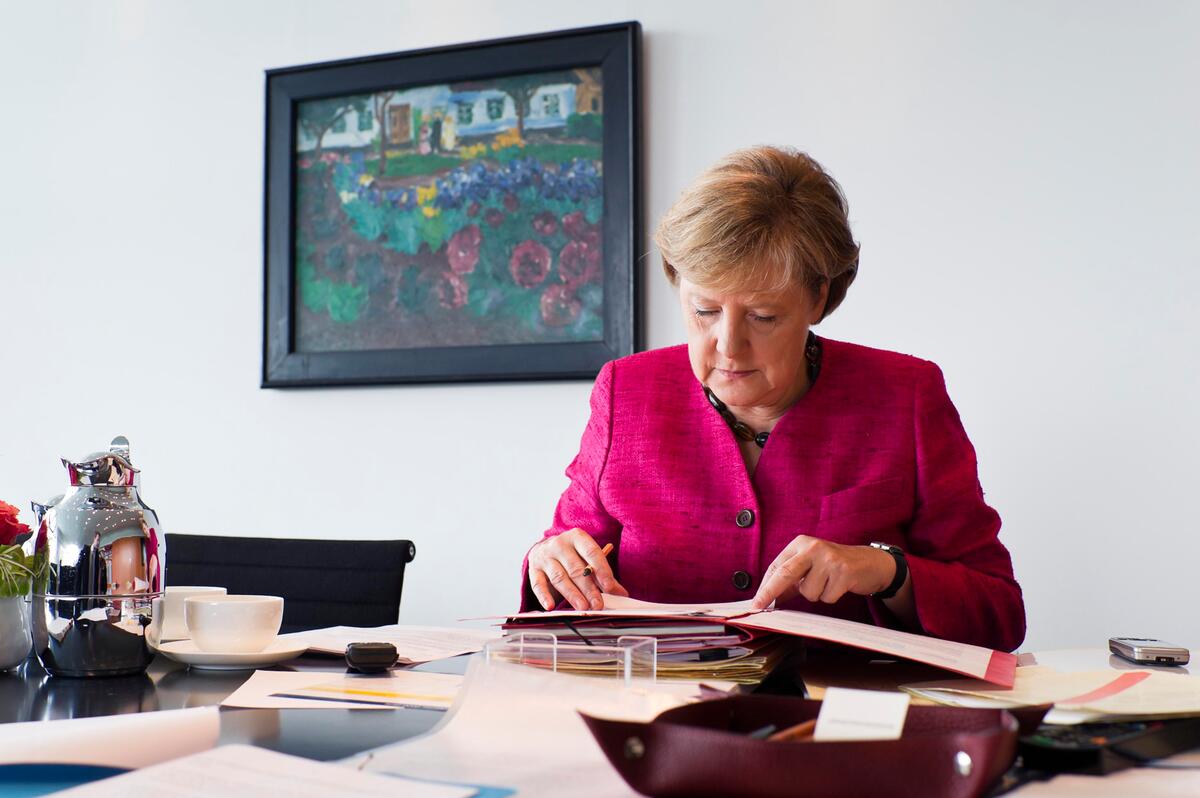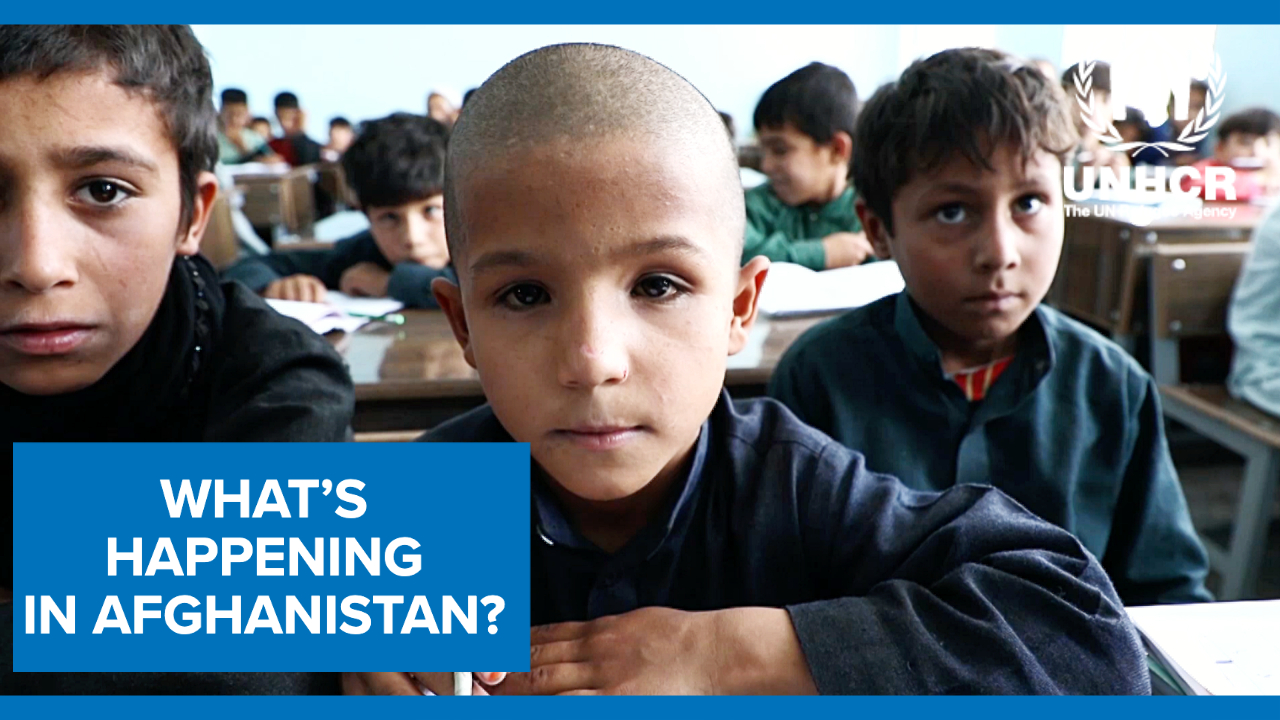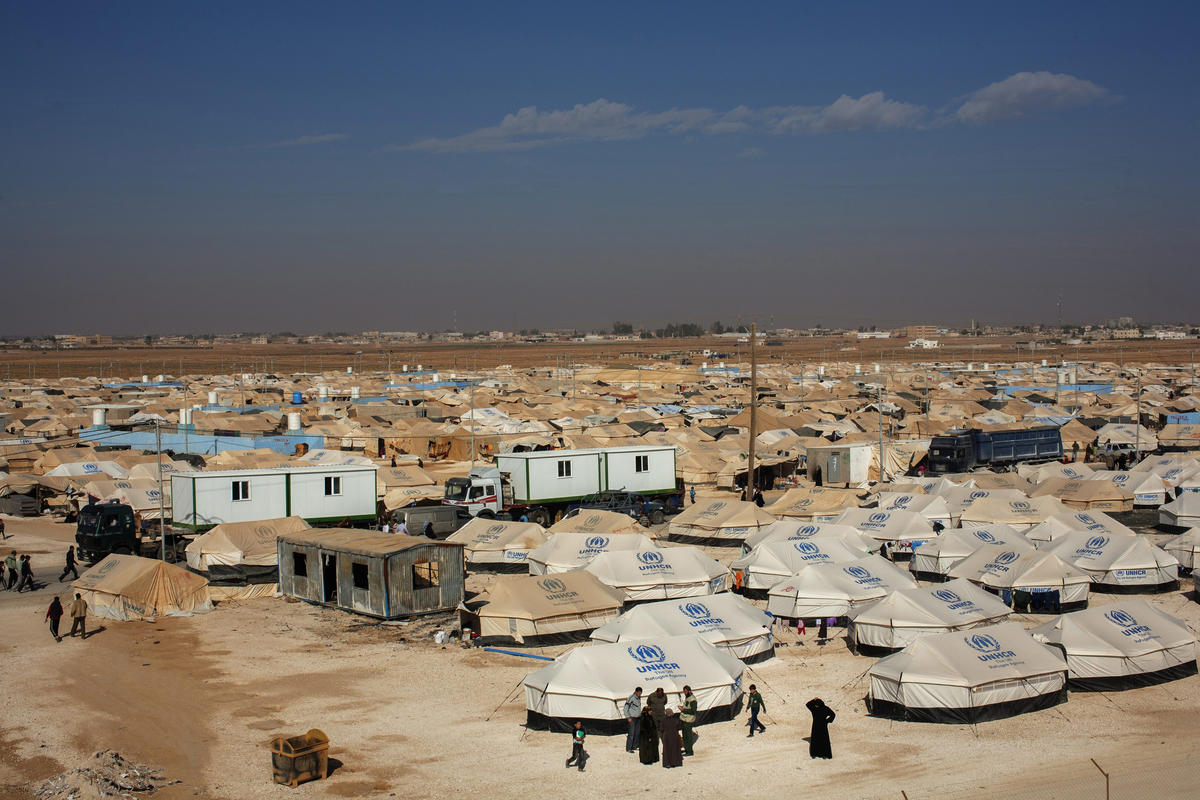UNHCR's protection chief sees key role in future for Syrian refugee women
UNHCR's protection chief sees key role in future for Syrian refugee women

LONDON, United Kingdom, December 4 (UNHCR) - Syrian refugee women have a key role to play in Syria's future, UNHCR's protection chief Volker Türk told a conference in London on Wednesday.
"Despite the conflict, horrors and human rights abuses they have escaped in Syria, refugee women have an amazing motivation and determination to be a positive part of shaping Syria's future," Director of International Protection Türk told participants at the Thompson Reuters Foundation Trust Women conference during a panel discussion on "Women's rights in the Arab world: Has spring turned into winter?"
Türk, recently returned from meeting Syrian refugees in Jordan, Turkey, Lebanon and Egypt, said he came away with a profound desire to create opportunities to empower Syrian refugee women to build a stronger future for themselves and play a positive role in the future of their country.
He added that more than 80 per cent of the more than 2.2 million Syrian refugees were women and children - a particularly vulnerable population facing serious protection risks such as early marriages, child labour, isolation and lack of livelihoods. UNHCR is leading a massive international response to support refugees and the neighbouring countries, in particular the host communities which have been generously hosting Syrians through more than 33 months of conflict.
"I was absolutely struck [when] meeting a Syrian teacher who had lost her husband, and was supporting her three children by making and selling candles in an abandoned shopping mall in Lebanon. Amidst this misery, she had built a small business and was strikingly positive. I saw in her the future of Syria," he said.

During a panel discussion featuring women from Egypt, Tunisia and Syria, Türk said the empowerment of Syrian refugee women could be advanced in a number of ways, including by encouraging their meaningful participation in the international effort to protect and assist their communities in displacement; supporting the growth and activities of women's empowerment groups across the region as well as education and livelihood programmes. Advocating for the elimination of gender discrimination in nationality laws as well as broader human rights protection was also essential.
Türk also underlined the importance of the prevention of sexual and gender-based violence in the Syrian refugee situation and UNHCR's efforts to mainstream protection programmes.
"UNHCR wants to hold a forum for Syrian refugee women in neighbouring states to meet and share their stories of empowerment in displacement. By sharing their struggles and experiences, their confidence will be strengthened and they will become long-term advocates of change, not only in displacement but also when conditions are right to return to Syria," Türk added, while asking conference participants to help make this a reality.
UNHCR, which is the leading global humanitarian organization for saving the lives and protecting the rights of refugees, seeks lasting solutions for refugees. But solutions can take time, particularly when there is running conflict. In the meantime, UNHCR finds new ways to help refugees outside their country, build towards a better future by promoting empowerment, self-reliance, encouraging education and improving skills.
By Andrej Mahecic in London, United Kingdom, and Jennifer Pagonis in Geneva









